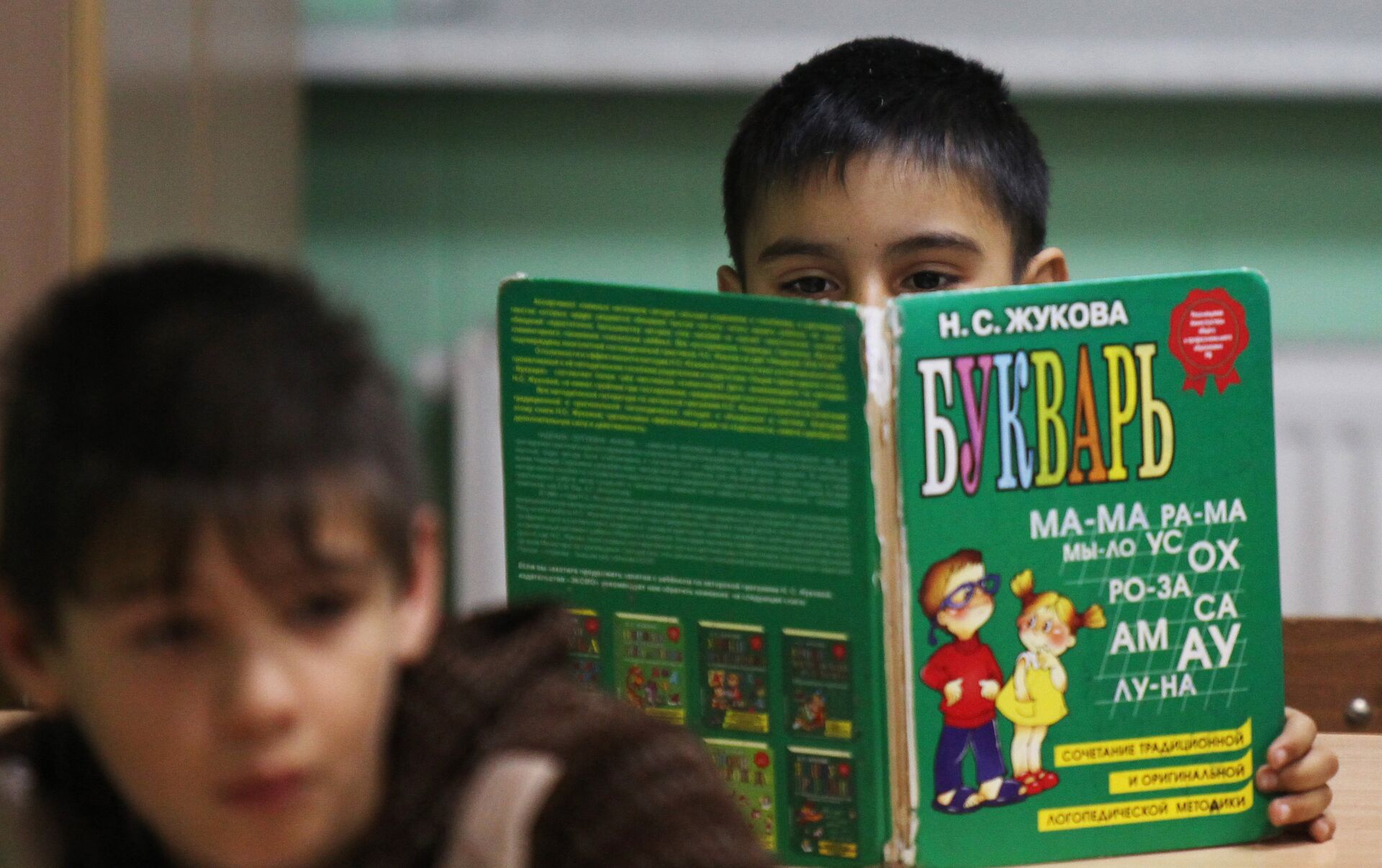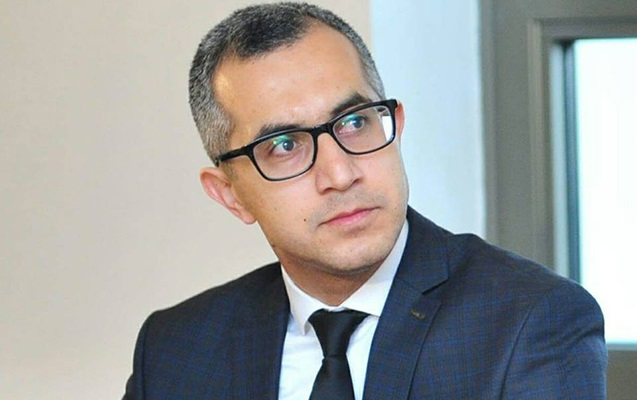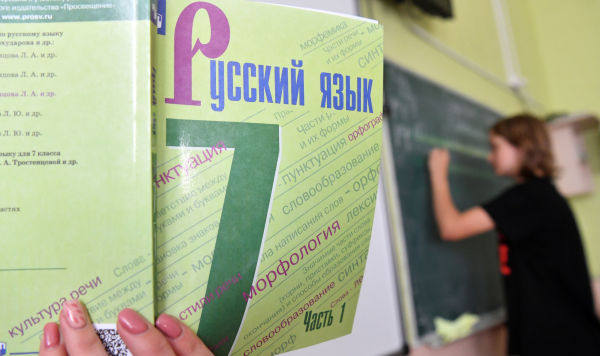The presence of Russian-language sectors and fully Russian-medium schools in Azerbaijan’s public education system has sparked serious public debate.
The constitution of Azerbaijan designates Azerbaijani as the state language, mandating that all official correspondence, education, and documentation be conducted in this language. Against this backdrop, the continued existence of Russian-language schools—a relic of the Soviet era—raises increasingly pressing questions. During the Soviet Union, the Russian language was promoted as a unifying tool, and Russian-language education was viewed as a path to social mobility and prestige. These conditions no longer exist. Azerbaijan is now a sovereign nation pursuing an independent path, and its education and language policy must adapt to contemporary national needs. Nevertheless, Russian-language instruction persists in hundreds of schools, including 17 fully Russian-medium institutions.
National interests and educational priorities

While many parents view Russian-language education as higher in quality or more promising, this perception largely stems from psychological legacies of the Soviet period and a lack of updated information. In reality, Russian has lost much of its global prominence, especially in the digital and informational spheres now dominated by English. The state's priority must be to ensure that future generations receive quality education in Azerbaijani and grow up as citizens rooted in national values.
This does not imply a rejection of Russian as a foreign language. It should continue to be taught on equal footing with other foreign languages.
However, the maintenance of hundreds of Russian-language classes and schools through the state budget is no longer justifiable from a strategic, ideological, or pedagogical standpoint.
Why is the state still supporting Russian-language education?

In the 2025 academic year, a total of 1,619,335 students are enrolled in general education institutions in Azerbaijan. Of these, approximately 100,000 study in Russian, accounting for 6.18% of all students. Notably, the vast majority of these students are ethnic Azerbaijanis. Given that the number of ethnic Russians in Azerbaijan is estimated at around 71,000, only a fraction of Russian-language students belong to the Russian ethnic community. There are 17 schools in Azerbaijan offering full instruction in Russian and 340 schools with Russian-language sectors.
The 2025 state budget allocates 4.94 billion manats to the education sector. Based on this, nearly 400 million manats annually are directed toward the education of students in Russian-language programs. In other words, the operation of these 17 Russian-medium schools and 340 Russian sectors is fully funded by the state. Meanwhile, students studying in English, French, or other languages must pay tuition. This raises a fair question: why should those wishing to study in Russian receive free education at public expense? By the same logic, the same conditions should apply to Russian-language education.
The state rightfully finances education in the official language, Azerbaijani, to ensure access for all. If free education in any other foreign language is to be offered, this principle must be applied universally. Why, then, is free education available in Russian but not in English, Spanish, or other foreign languages?

Education expert Kamran Asadov told APA that both legal analysis and current legislation show that the provision of free education should be limited to instruction in the Azerbaijani language, with no justification for state-sponsored Russian-language instruction.
“Our assessments at higher education and vocational institutions also indicate no need to maintain the Russian-language sector as free. Both the constitution and the law on education stipulate that education in Azerbaijan is to be conducted in the Azerbaijani language, and the state supports and provides free education in this language,” said Asadov.
He also emphasized that while teaching Russian as a foreign language is justified, maintaining a separate Russian-language sector—especially considering the consistently lower academic results of its students and their underperformance in the labor market—violates the principle of fairness and results in inefficient use of public funds: “The most important point is that Russian should remain on par with other foreign languages, without maintaining a separate sector. Russian-sector teachers are qualified professionals who could serve more effectively in Azerbaijani-language programs.”
The Russian sector lags behind: statistics and reality

According to the state examination center, more than 130,000 applicants participated in university entrance exams for the 2023–2024 academic year. The vast majority were graduates from the Azerbaijani-language sector, which significantly influenced admission statistics and the proportion of high-scoring applicants. Russian-sector students ranked lower both in numbers and performance. Only a few of those admitted with a perfect score of 700 came from Russian-language schools, while Azerbaijani-sector students dominated the top scorers. These numbers reveal that Russian-medium schools are less effective in preparing students for higher education. This also calls into question the efficacy and modern relevance of education in the Russian sector.
Kamran Asadov noted that the state investment in the Russian sector fails to yield adequate returns, given students’ poor academic performance, low university admission scores, and weak presence in the job market: “Our analysis of entrance and graduation exam results shows that Azerbaijani-sector applicants are accepted into competitive programs with 500–600 points, while Russian-sector students are admitted with minimal scores. A large number of university seats go unfilled, and very few Russian-sector enrollees graduate or work in their fields. For example, in teacher recruitment exams by the ministry of science and education, and civil service exams conducted by the state examination center, very few Russian-sector applicants meet the minimum passing score. Clearly, the public funds allocated to this sector do not generate proportional outcomes. Many Russian-sector students admitted with low scores fail to succeed academically or meet labor market demands.”
Moreover, the quality of Russian-language teaching staff has declined. During the Soviet era, teachers were frequently assigned from other regions, but today, the pool of qualified Russian-speaking educators is insufficient. Although Baku Slavic University was once a key institution in training such teachers, it has in recent years shifted focus away from teacher preparation. Pedagogical shortcomings among current teachers in Russian-medium schools further compound the issue.
The ideological risk of Russian textbooks

Another concern is the content of textbooks used in Russian-language schools, particularly for Russian language and literature, which are often imported from or adapted based on Russian sources. Supplementary materials, workbooks, and practice tests are frequently published by Russian companies such as “Prosveshchenie,” “Drofa,” and “Ventana-Graf.” These materials can undermine Azerbaijan’s education system and national identity. Their ideological undercurrents may run counter to the country's national interests.
Students educated using such sources are at risk of detachment from the Azerbaijani language, history, and worldview. This issue should be reassessed seriously within the framework of Azerbaijan’s language policy, education strategy, and national security doctrine.
Regional comparisons

Many post-Soviet countries have phased out Russian-language education.
In Armenia, Russian-language schools began closing in 1993, leading to a significant decline in Russian fluency. Starting in the 2024–2025 academic year, Russian is taught only as an elective in some classes, no longer as the main foreign language.
In Kazakhstan, instruction in Russian was discontinued for first-grade students starting in 2022.
Ukraine’s 2019 education reform gradually restricted Russian-language instruction, mandating Ukrainian as the primary medium of instruction in upper grades.
Georgia has also seen a sharp reduction in Russian-language schools since gaining independence. Many transitioned to Georgian, while others were closed altogether.
In the Baltic states—Estonia, Latvia, and Lithuania—Russian-language education has been heavily restricted. In Latvia, a 2018 law requires all instruction in public secondary schools to be in Latvian, severely limiting the operation of Russian schools.
Imbalanced educational reciprocity

Despite the presence of dozens of fully Russian-language schools and hundreds of Russian sectors in Azerbaijan, not a single Azerbaijani-language school operates in Russia. At one time, school no. 157 in Moscow, named after Karim Karimov, functioned as an Azerbaijani ethnocultural institution. In 2014, with support from the Heydar Aliyev Foundation, the school underwent major renovations. In addition to the standard curriculum, Azerbaijani language, literature, and history were taught. However, the “ethnocultural” designation was later removed, and the school was converted into a regular gymnasium, now known as school no. 1583. For several years now, Azerbaijani subjects are no longer part of its curriculum.
This is despite the fact that Azerbaijanis are one of the titular ethnic groups in Russia’s Dagestan Republic, constitute a significant portion of Derbent’s population, and Azerbaijani is an official language of the region. Nevertheless, Azerbaijani language, literature, and history are not taught there.
With nearly 3 million Azerbaijanis residing in Russia and no Azerbaijani schools in operation, the maintenance of hundreds of Russian-language schools in Azerbaijan for a relatively small Russian minority is neither fair nor reflective of mutual relations. The continued support of these institutions raises questions of reciprocity and fairness in educational policy. It reflects a clear imbalance and a violation of the principle of equality in bilateral cultural relations.
